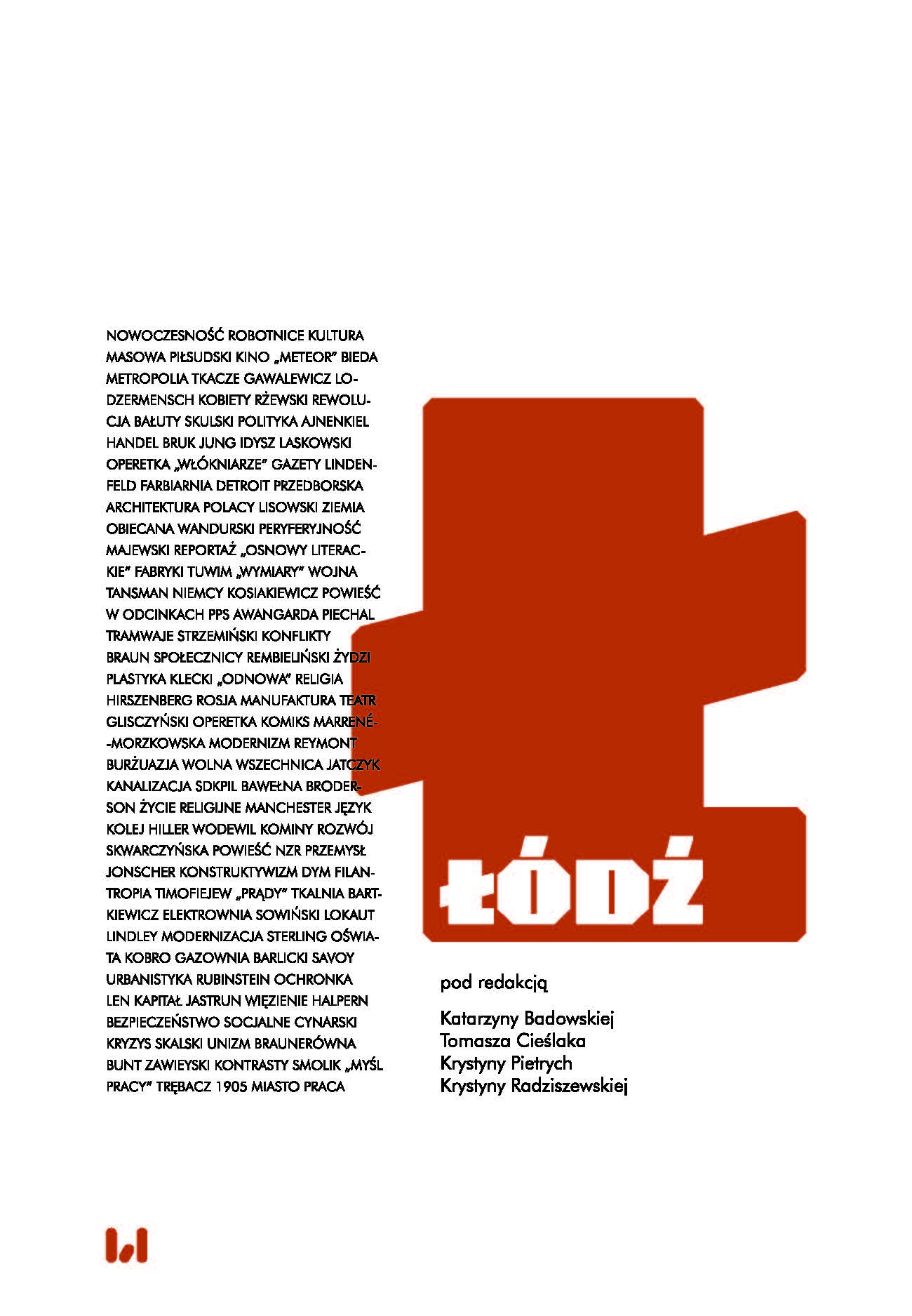Merkuriańska Łódź i antyczne ikony nowoczesności
Marcurial Łódź and Ancient Icons of Modernity
Author(s): Przemysław Owczarek
Subject(s): Architecture, Local History / Microhistory
Published by: Wydawnictwo Uniwersytetu Łódzkiego
Keywords: Hermes; architectural details; allegory; Rajmund Rembieliński
Summary/Abstract: Since the mid-19th century, numerous architectural details have appeared in industrial cities exposing the figure and attributes of Hermes - Mercury, the Greek god of trade, merchants and thieves, the protector of travelers, the messenger of the gods and psychopompus, the ruler of writing and communication, money and all measures, a prophet in the form of the Hellenic Hermes Trismegistus and the guardian of secret knowledge and the patron of Freemasonry (a wizard and a doctor with a caduceus wand). He is the only Greek and pagan god whose images and presence have so strongly marked the history of Western culture. Mercurian details can be found on the facades of factories, palaces, tenement houses and banks, wherever, through the shape of the building and its purpose, the bourgeoisie celebrated the triumph of control over the world flow of money. Hermes - Mercury became the patron of industry, an ancient icon of modernity and capitalism. City centers of 19th-century architecture are a kind of passages, passages, communication routes of historical style architecture as well as ideas and goods, they are streams through which the blood of capitalism - money - flows. This clever god, as Mercurius in alchemy corresponding to liquid mercury, is an intriguing image of modernity seen as fluid and fleeting in the thought of the great theoretician of modernism, Karl Marx. His dictum of the diagnosis of modernity: Everything that is solid melts into air - inspired researchers such as Walter Benjamin, Zygmunt Bauman, Georg Steiner and Marschal Bermann. Their thought became the starting point for a specific review of Mercurian details and architecture of Łódź, the center of which was marked not by the market square typical of pre-modern cities, but by a route-passage. The founder of industrial Łódź was the Freemason Rajmund Rembieliński.
Book: Łódź. Miasto modernistyczne
- Page Range: 481-500
- Page Count: 20
- Publication Year: 2024
- Language: Polish
- Content File-PDF

